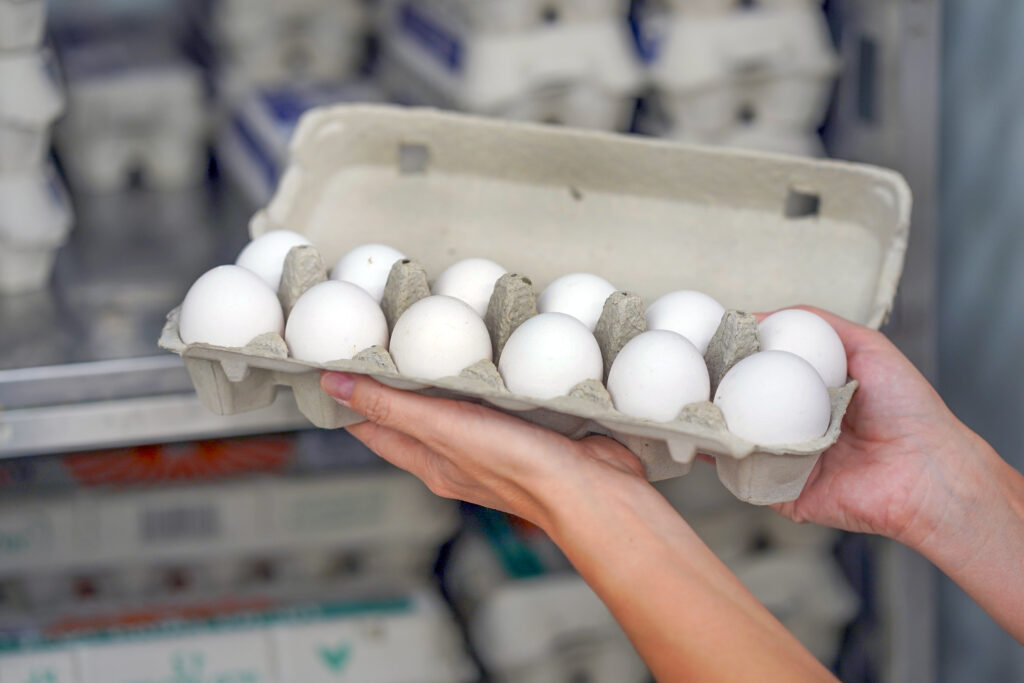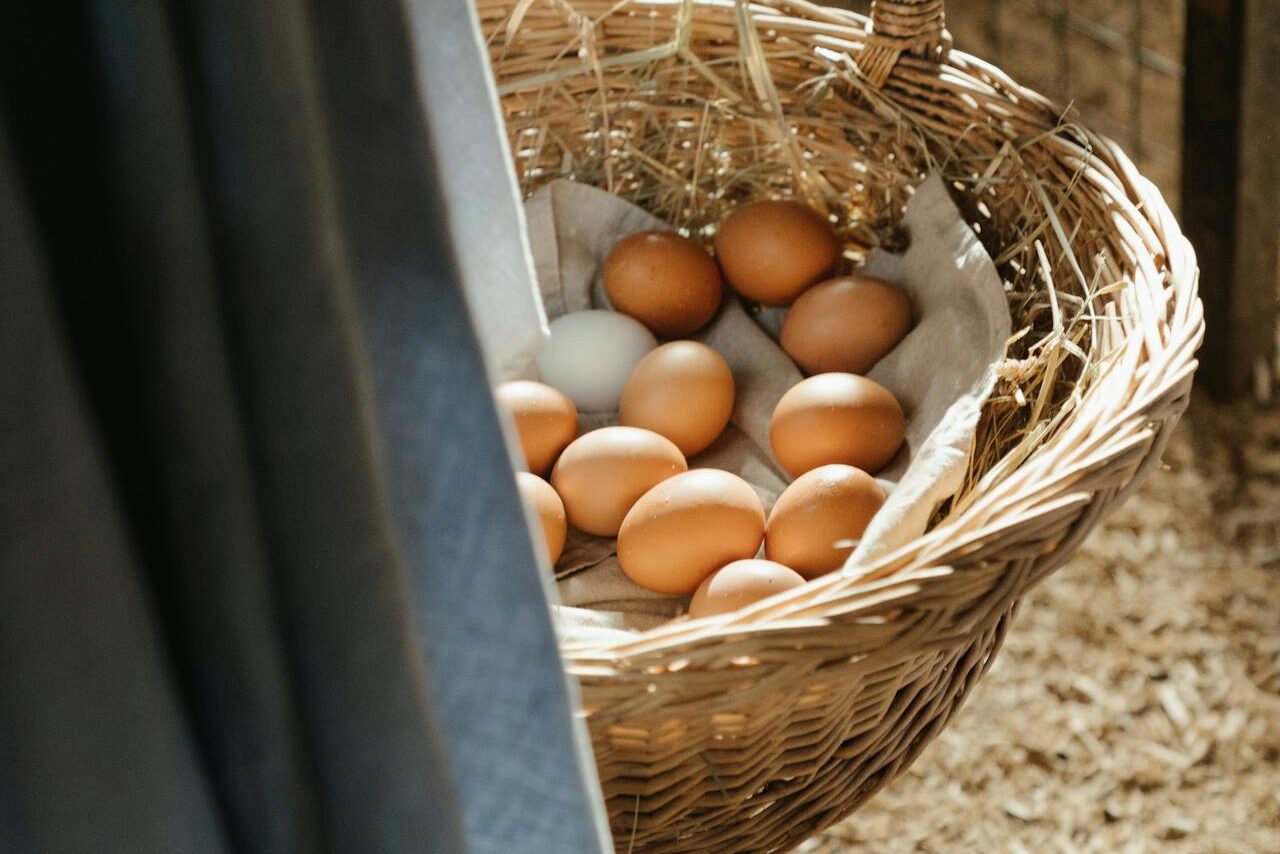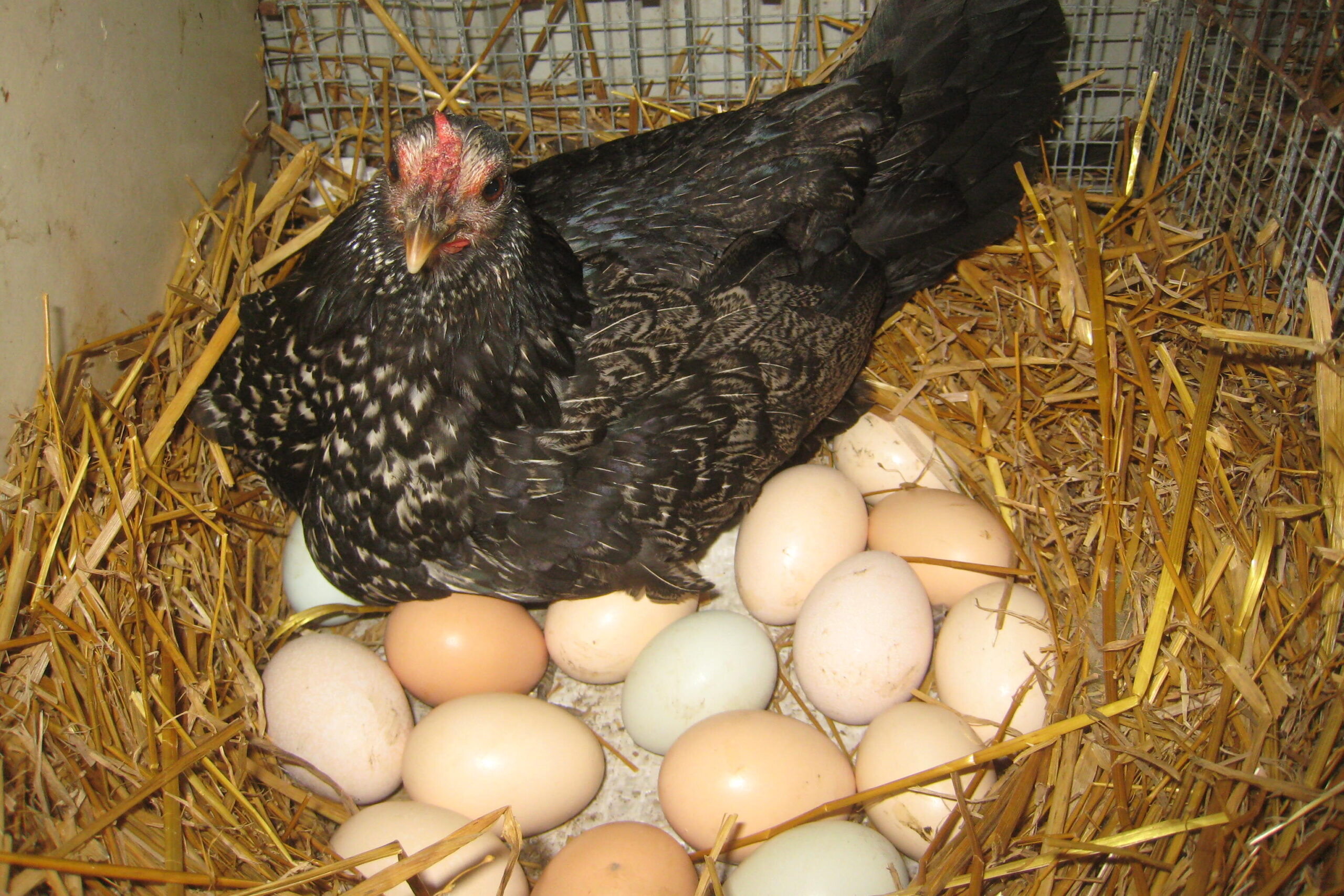1. Buy in Bulk and Store Smart

Buying eggs in bulk can be a total game-changer for your wallet. Often, larger cartons or bulk purchases come at a lower price per egg, and if you’re a regular egg consumer, this can add up to substantial savings. Check out warehouse stores like Costco or Sam’s Club, where eggs are typically sold in bulk at discounted rates. However, it’s important to consider the shelf life—eggs can stay fresh for several weeks when stored properly.
To make your bulk eggs last even longer, invest in a good storage solution. Consider freezing eggs if you can’t use them fast enough. You can freeze them whole or scramble them lightly first, which is perfect for future baking or scrambled egg meals. Simply crack them into an ice cube tray or silicone molds, freeze, and transfer to a freezer bag. This method not only extends the shelf life but also keeps your egg supply ready when you need it most.
2. Shop Around for Sales and Coupons

Just like with any other grocery item, eggs can go on sale, and there’s no harm in stocking up when you catch a good deal. Keep an eye on weekly grocery store flyers or digital coupons to score eggs at a discounted price. Many grocery stores will have sales on eggs during holidays or when they’re trying to clear inventory.
You can also sign up for loyalty programs or store apps that offer exclusive discounts or coupons for regular shoppers. Some stores even allow you to stack coupons with sale prices, making eggs even more affordable. For extra savings, check out couponing websites or apps that aggregate deals for a wider variety of stores. It may take a little extra effort, but the savings are well worth it in the long run!
3. Consider Alternative Egg Brands

Sometimes, the name brand eggs are overpriced simply because of the label on the carton. While organic, cage-free, or free-range eggs tend to cost more due to the farming practices involved, you might find that other brands offer similarly good-quality eggs at a much lower price. Don’t be afraid to experiment with less popular brands—they may surprise you with their taste and quality.
Local farm eggs are another excellent alternative to factory-produced eggs. Many small farmers sell eggs at local farmers’ markets or directly to consumers at competitive prices. Buying eggs directly from the source helps you bypass the middleman, so you’re paying less while also supporting local businesses. These eggs can sometimes be fresher, and you may even get a chance to ask about the farming practices.
4. Avoid Individual Carton Purchases

Those tiny, individually packaged cartons of eggs might seem convenient, but they’re often a lot more expensive than buying in larger quantities. This is especially true in places like convenience stores or gas stations, where eggs are sold in smaller, premium-priced packages. If you’re truly trying to save money, opt for the larger cartons at your local grocery store instead.
It’s worth noting that sometimes even the big-box retailers or grocery chains mark up their eggs in smaller quantities because of their convenience. It’s better to buy the 12-count carton (or bigger) and store any extras in a cool, dry place. Alternatively, if your household doesn’t use a lot of eggs, consider splitting bulk purchases with a friend or neighbor to make sure nothing goes to waste.
5. Explore Store Brands

Store-brand eggs often offer excellent quality at a much lower price than the fancy branded eggs you might be used to buying. These eggs typically come from the same large producers, so the difference is often in the packaging or branding, not the actual product. Store-brand eggs are a great option for those who want to save money without compromising on freshness or taste.
You’ll often find store brands sold in large, value-sized cartons, which can further help you stretch your dollar. Be sure to compare the price per dozen or per egg when shopping to see if the store brand offers a significant savings over the national brands. Over time, these savings can add up, making it easier to keep your egg supply stocked without breaking the bank.
6. Buy Eggs Near Their Expiry Date

It might seem a bit risky, but buying eggs close to their expiry date can be a smart move when you plan to use them immediately. Grocery stores often discount eggs that are nearing their expiration, which means you can get a great deal. Since eggs last well past their labeled “sell by” date, as long as you use them quickly, this is a way to maximize savings without sacrificing quality.
However, always make sure to check the eggs for any cracks or odd smells before buying them. You can also check the freshness of eggs yourself by performing the water test—if they float in a bowl of water, they’re past their prime. If they sink, they’re still fresh. This way, you can confidently buy those discounted eggs and enjoy them without worry.
7. Use Egg Substitutes for Certain Recipes

Eggs can be replaced in many recipes with budget-friendly alternatives that still deliver excellent results. For instance, using applesauce or mashed bananas in baking can mimic the binding and moistening properties of eggs without the need to buy a carton. Similarly, for scrambles or omelets, tofu or chickpea flour can often do the job without you needing eggs at all.
Exploring egg substitutes might require some experimentation, but it’s a great way to make your eggs last longer and save money in the process. If you’re cooking or baking frequently, learning which recipes can be adapted to use egg alternatives might give you a break from buying eggs as often. You’ll be able to stretch your grocery budget while still enjoying all your favorite dishes.
8. Visit Local Farms for Fresh Eggs

Buying eggs from local farms or farmers’ markets often provides a more affordable, fresher alternative to store-bought eggs. Many small-scale farmers sell eggs at a lower price point than large grocery chains because they aren’t burdened by the overhead costs of bigger brands. Plus, buying direct from farmers usually results in fresher eggs, which makes them taste better, too.
Visiting a local farm also gives you the opportunity to ask about the farming practices, so you can rest assured about the treatment of the hens. Sometimes you can even negotiate prices if you’re buying in larger quantities. It’s a win-win: you save money, support local agriculture, and get eggs that are likely to be fresher than those at the store.
9. Try a Local Egg Co-Op

An egg co-op works similarly to a community-supported agriculture (CSA) program, where a group of people collectively buys fresh eggs directly from local farmers. Joining an egg co-op can save you money while providing you with a steady supply of eggs. The cooperative model cuts out middlemen, which results in better prices for consumers.
By joining a co-op, you’ll also build a community with like-minded individuals who care about supporting local farms. It can be a great way to connect with others in your neighborhood and ensure you’re always stocked with fresh eggs at a fraction of the cost. It’s a more sustainable way to buy eggs while supporting local farmers.
10. Take Advantage of Free-Range and Organic Egg Deals

While free-range and organic eggs are usually more expensive than standard eggs, they often go on sale at discounted prices during certain times of the year or in bulk. Sometimes, retailers clear out stock before it expires, offering amazing discounts on organic or premium eggs. If you’re committed to eating eggs that are ethically sourced but want to save money, this is a great way to get the best of both worlds.
Keep an eye on seasonal sales and sales promotions to catch these eggs at a lower price. Signing up for email alerts from your favorite health-food stores or organic retailers can also give you the heads-up on upcoming promotions. With a bit of patience, you’ll be able to grab premium eggs at a price that fits your budget.


